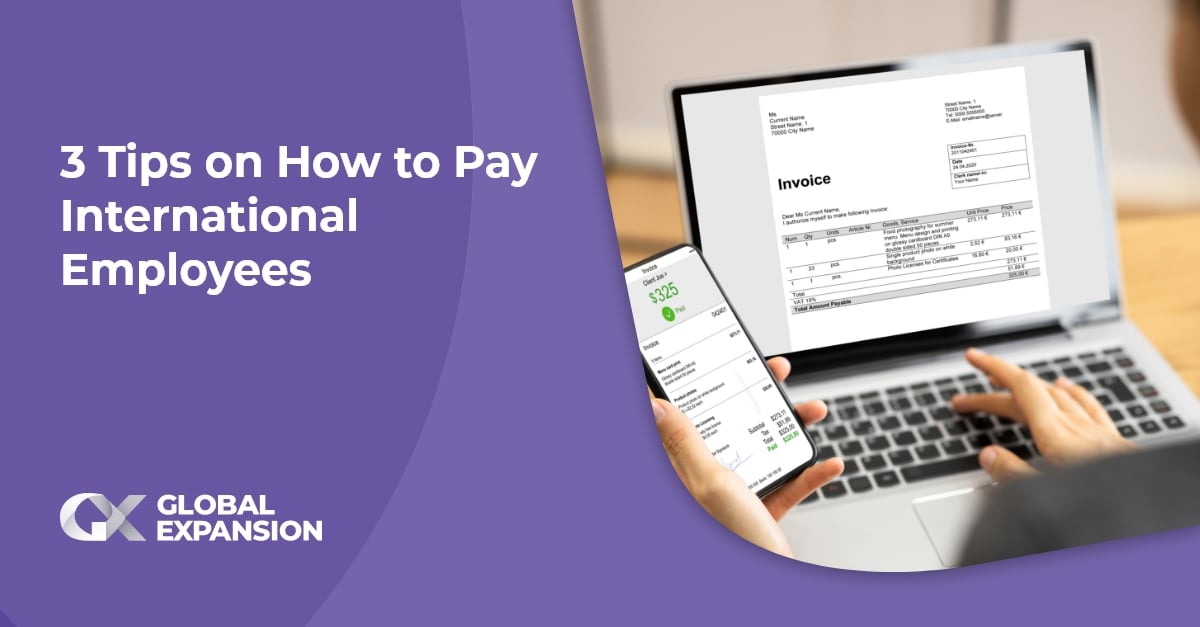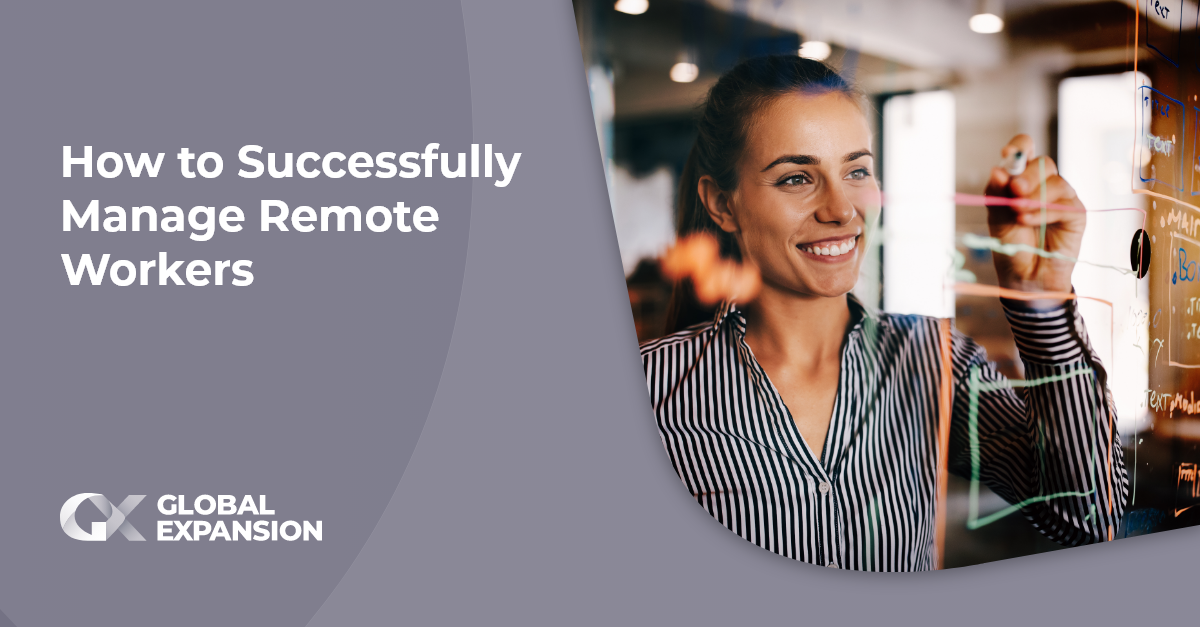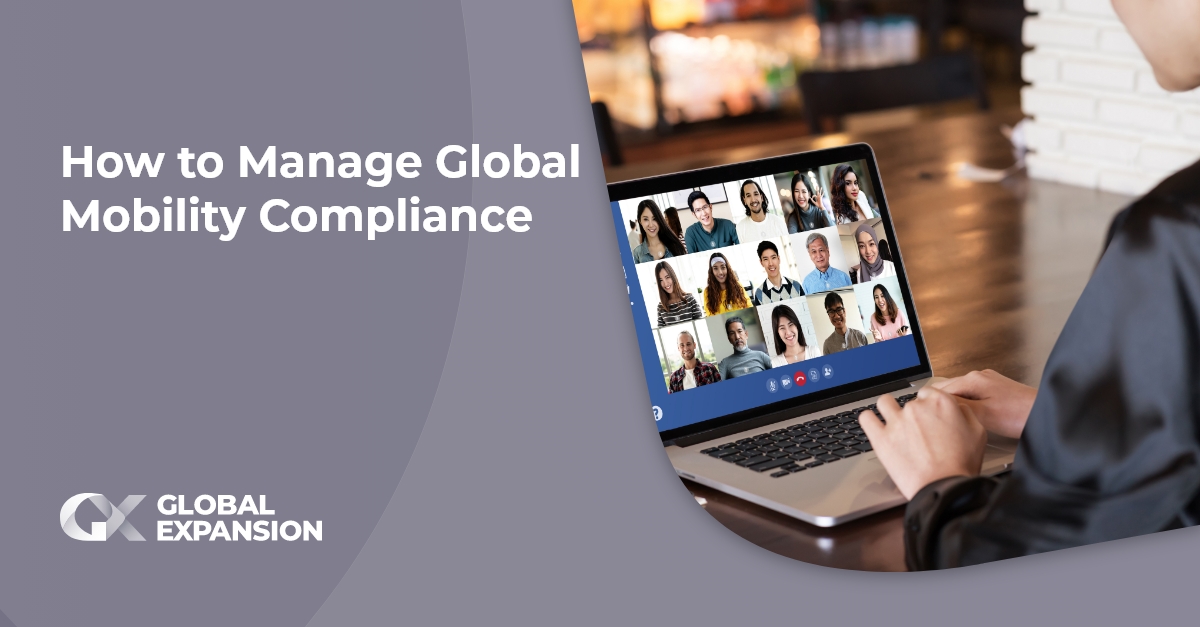How Governments Are Passing Laws to Assist in WFH Demands and Job Losses

And Are New Laws Being Passed to Assist Those Joining the Gig Economy?
The gig economy was already swelling in size before the coronavirus pandemic. With close to 50% of the U.S. workforce engaging in the gig economy in some capacity, and 53% of regular full-time employees planning to leave their jobs to freelance, the world of decentralized independent contracting was destined to be a pivotal force in the 2020s.
Then, somewhere in February 2020, everything changed. A global pandemic swept across the world, bringing terror, death, resource shortages, and economic ruin with it. The world was not prepared for the strength and brunt of this deadly virus, causing governments to mandate “stay at home” social distancing regulations to help flatten the curve.
Naturally, the show must go on, which is why traditional industries like banking and legal counsel suddenly found themselves asking their workers to work-from-home (WFH). WFH culture was nothing new to the digital nomads, entrepreneurs, freelancers, and startup gurus of the time. It has been openly accepted and embraced, even praised for its ability to encourage employees to work harder. That’s right, in one study, it was found that employees who WFH work, on average, 1.4k more days per month their office-based counterparts.
The only problem is that although many modern industries were already embracing WFH, the same amount were not. And it’s certainly true that the greater economy, small businesses owners, and retail giants were not ready for people to be locked into their homes for months on end.
Governments are therefore scrambling to keep up with these changes. Previous rules, mandates, and laws that forbid things like “pick-up alcohol” purchases needed to be waived to assist the bars and restaurants slumping from the social distancing requirements. Leaders around the world have been brainstorming ways to be as supportive as possible to both the civilians at risk for contracting coronavirus, as well as the businesses that are being hit the worst by this kind of WFH movement.
That brings us to the important question posed by the title of this article. Are governments doing enough to accommodate these changes despite the short warning? What kinds of laws or regulations are they passing to make everything easier on everyone? Are new laws being passed that will change the gig economy forever? Let’s dive deeper.
The Coronavirus Relief Plan
On March 18, 2020, President Trump signed into law the Coronavirus Relief Plan. The law funded $100 billion toward provisions for emergency paid leave for workers, as well as free testing. That same day, the Senate passed legislation to expand paid leave and unemployment insurance in response to the pandemic.
This law changes the paid sick leave requirements included in the Family and Medical Leave Act (FMLA). What this means is that there is now a broader definition of workers who will receive time-off payment since they cannot physically perform their jobs without breaking the social distancing laws today.
Specifically, the law requires employers with fewer than 500 employees and public agencies to provide 80 hours of paid sick leave if full-time employees are unable to work due to quarantine, isolation, or caring for someone who is in quarantine. This can also include having children in schools that have closed and/or are also experiencing the symptoms. As for part-time employees impacted, they are guaranteed as many hours of paid time off as they typically work over an average two-week period.
This legislation was monumental in the following way: it marked the first time the U.S. has provided federally mandated paid leave, but it excludes about 48% of the private-sector workers who work for the organizations that have more than 500 employees. Furthermore, the amount of workers on leave will be paid based on their reason for taking time off. Workers taking care of a sick family member, or a child whose daycare is closed, is eligible to receive two-thirds of what they are normally paid, which can amount to $200 per day.
This part of the bill went into effect April 2, 2020.
This law was helpful to families in a lot of ways, although it did not guarantee Americans the right to work from home. More so, it was aimed at supporting one’s health and health risks due to coronavirus exposure, with a special clause based on the Americans with Disabilities Act.
Since the United States is a federalist government, this law is being interpreted differently depending the state. For example, New York State has mandated that 100% of nonessential businesses keep their workforce at home. The same held true in Illinois.
What does remain constant: the coronavirus legislation prohibits employers from requiring employees to first exhaust their PTO banks before the 10-day entitlement can be used.
The Caveat: Paid sick leave will help prevent the spread of the coronavirus. But, 25% of American workers don’t have access to paid sick leave from their employers.
What Can/Can’t My Boss Enforce During This Shutdown?
For those of you who are working from home full-time, here are some laws/regulations that state what employers can and can’t enforce right now:
-
Can your employer take your vacation time and force you to work instead? Vacation time isn’t guaranteed under federal law, which is why most employers have the right to cancel a vacation and require workers to return back to work. Exceptions can be made if the employee is covered by a union contractor. Fortunately, most bosses know that pulling vacation is not a popular move, which is why it’s unlikely to see this happen.
-
Can your employer tell you to cancel your personal travel plans? Employers are not allowed to dictate how you spend your time, which is why even during the coronavirus pandemic, they can come into contact with the law by implying this.
-
Does the company have to pay for a canceled trip? Legally, they aren’t required to pay unless an employment contracts specifically calls for it. However, most companies with integrity will still pay it.
-
I want to WFH even though I am an essential employee. Employers don’t have an obligation to allow telecommuting, unless you have a disability. However, given the new quarantine measures, you do currently reserve the right to WFH if you feel unsafe or nervous about exposure to the coronavirus.
-
My boss is making me WFH. Even if you feel fine and want to come into the office, employers are within their rights to ask employees to work remotely, as long as they’re not applying a policy in a way that could be deemed discriminatory. Employers also reserve the right to ask employees who recently traveled to China, Italy, or Iran to stay at home as well. It will not be looked at as a discriminatory action.
-
Can my employer mandate how I spend my time WFH? No, your employer can’t stop you from going to church at lunchtime when you WFH. Much like they can’t tell you how to travel into the office, they can’t tell you how to spend your time. However, that doesn’t mean you can slack off with your work.
-
Can I refuse to go into work if I am scared of contact with coronavirus? Workers are protected from retaliation from an employer if they refuse to take on what they would consider to be an unsafe environment. However, the “reasonable” clause would state that someone like a hotel manager who has undergone extensive COVID-19 training ought to still work. If they still claimed to be scared, that wouldn’t necessarily be protected.
What About the Gig Economy?
What about those Uber drivers and freelance writers and coders on sites like Fiverr.com? How is the coronavirus impacting them and is the government doing anything to solve it?
As Forbes comes right out and states: “Coronavirus has crippled the gig economy.” But, while ride-sharing is way down in the wake of national lockdowns, Uber is working to adapt to this “new world” that hopefully won’t last forever. Recently launching Work Hub, which enables Uber drivers to find alternative gig work, like customer service, food production, and logistics, Uber is demonstrating that innovative companies don’t need to wait for the government to react to be ok today.
This Work Hub enables drivers to connect with Uber Eats, Uber Freight, and Uber Works. They can also connect with a growing number of companies like PepsiCo, McDonald’s, etc. that are still in need of shipping assistance.
Lyft, Instacart, and other gig economy companies are following suit, as well as being as accommodating as possible to their drivers. The problem is that gig economy workers are deemed as independent contractors, which means they are owed no special benefits or protections from a company. They are able to make their own schedules and work with flexibility in exchange for no health insurance or 401ks provided by their employers.
This leaves workers frustrated because they need to generate income, still. Same with Airbnb hosts who are experiencing a total cancelation of all bookings now through the end of 2020. These companies have spent years claiming they are neutral marketplaces and that their workers and hosts are entrepreneurs that welcomed in that lifestyle. Leaving all these people with financial responsibility is backfiring right now, however.
The future of these apps is dependent upon how their independent contractors weather this storm. With no federal assistance specifically targeted at gig workers at this time, many are calling on President Trump to create another relief package for travel, hospitality, food and beverage, etc. so they are able to come out of this in one piece.
More Funds in Coronavirus Laws?
Naturally, as this pandemic unfolds every single day, things change. The $2 trillion bailout law that was enacted at the end of March might not be enough, lawmakers warn today April 7, 2020. House Democrats are considering a package of spending increases that would cost more than $1 trillion. They are also looking to extend unemployment aid and support for small businesses.
At this time, $349 billion has been enacted in a small business loan program to ensure these businesses are able to weather the coronavirus storm as well. Considering small businesses make up 98% of exporters and 97% of importers, they are undoubtedly the backbone of our economy – an economy that is going to be on shaky grounds when we finally see the light at the end of the tunnel.
President Trump is in agreement with the SBA mandates, having also called for more corporate aid to boost the overwhelmed health-care system. It appears the federal government is going to approach a time in which “all money is gone” yet the entire country is in dire need of it. Who is going to receive what allocation? Only time will tell.
As you can see, this is an ever-changing process. The COVID-19 pandemic is an unprecedented occurrence that has even the most prepared governments unsure of what to do moving forward. State governors are doing their part to dismantle antiquated laws that hurt the food, beverage, and hotel industries at this time, hoping to do their part to keep everything afloat by the time this is all over.
Together, hopefully it will be enough. At the very least, it is refreshing to see laws drafted, debated, and passed in just days – with what is normally a multi-month process.
Why You Should Work With a Global PEO
Your business doesn’t just need any Global PEO, it needs Global Expansion. The guide outlines exactly why we’re the right partner for your business growth. From 100% compliance guaranteed to real-time data insights for our clients, we offer a unique and customizable approach that will take your business to the next level.
Get your free copy of the guide now using the link below.
References
https://www.cnbc.com/2020/03/25/can-you-be-fired-for-working-from-home.html
https://www.businessinsider.com/coronavirus-paid-leave-bill-hr6201-means-employees-businesses-2020-3
Subscribe to our blog
Receive the latest GX blog posts and updates in your inbox.




